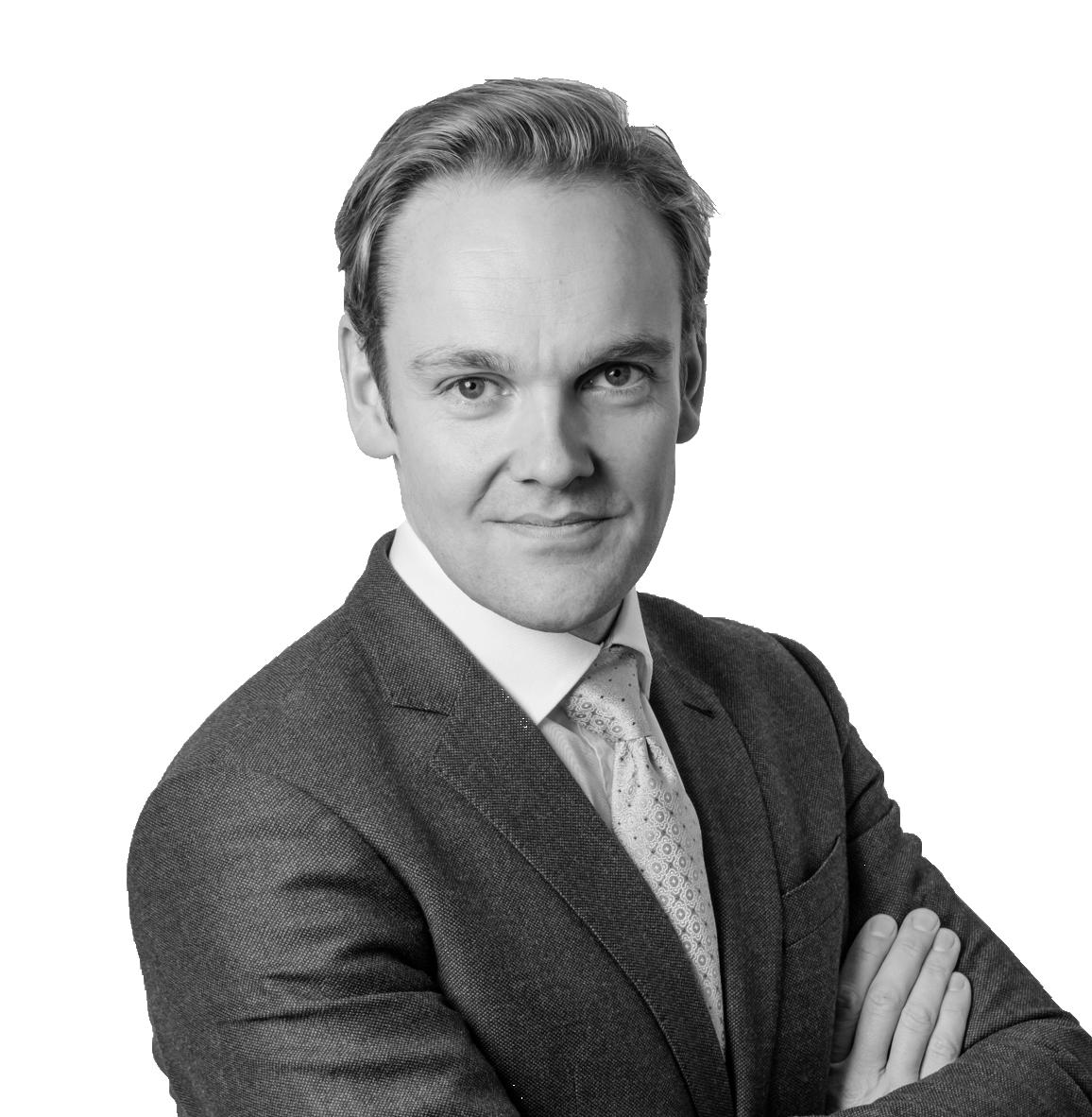
2 minute read
Portfolio implementation
Thinking tactically: Berkshire Hathaway
We are optimistic about the ability of most economies to recover from the economic pain that COVID-19 has caused. So we’ve introduced a ‘global recovery’ basket of positions into our portfolios that should do well if growth recovers strongly.
Berkshire Hathaway, the American conglomerate run by one of the world’s most famous investors, is part of this basket and its inclusion in portfolios demonstrates how we look to add value for investors.
Diversification is one of the key tenets of our investment process, ensuring that our clients get exposure to a wide range of return drivers. In practice this is implemented via our Strategic Asset Allocation (SAA), which is long term in nature – think five to 20 years. When shorter-term opportunities arise, we utilise our Tactical Asset Allocation (TAA) to tilt portfolios in whatever direction we think will be rewarded over the near term.
Our recovery basket is a TAA tilt with several components, since recoveries can occur in different places at different times. All the holdings share a common theme – they are assets that should do well if global economic growth is strong, as discussed in the previous section. Berkshire Hathaway is a company that we’ve researched extensively, and was the ideal candidate. Warren Buffet, its CEO, is one of the world’s most famous investors and wealthiest people who, at the age of 90, shows no signs of slowing down. His premier skill over many years has been to identify and nurture high-quality businesses. Berkshire and its underlying businesses have pristine balance sheets and look inexpensive, but have lagged the wider market due to their cyclical and consumer-facing exposure. In a strong economic recovery we would expect the rise in cyclical manufacturing and consumer spending to boost the Berkshire portfolio. Berkshire Hathaway trades on the New York Stock Exchange, meaning that we get exposure to a host of fantastic businesses without the burden of annual management charges. The downside is that it’s not suitable for our model portfolios. Investors in our model portfolios will enjoy access to a range of other assets that we expect to perform strongly in a global economic recovery, such as increased allocations to Japanese and European equities. These markets are highly exposed to the global demand cycle due to their high allocations to consumer discretionary stocks, industrials and banks. They are underpinned by the same thesis as Berkshire Hathaway – providing clients with access to businesses that we believe will perform strongly when the world begins to recover from the economic distress caused by the virus.



